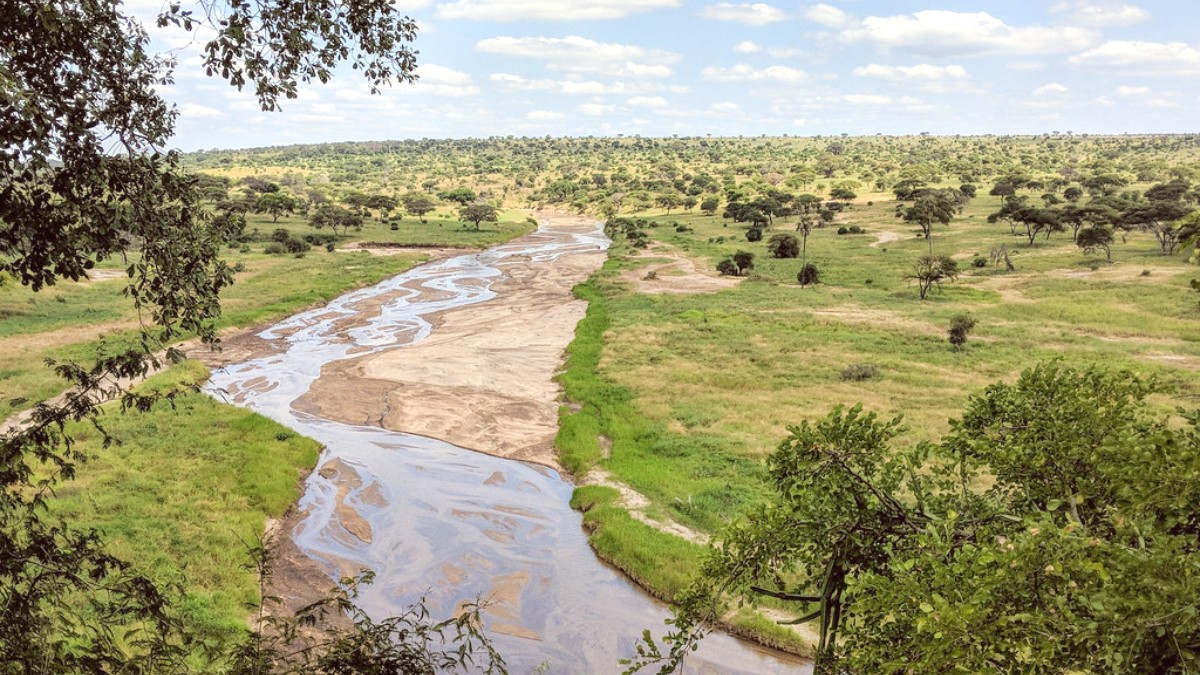
Northern Tanzania, Tanzania
Vodacom, Airtel, and Tigo are the main mobile network operators in Tanzania. SIM cards are readily available for purchase at Kilimanjaro International Airport (JRO) or in Arusha town. A passport is necessary for registration.
Wi-Fi is available in most hotels, lodges, and many restaurants/cafes in Arusha. Quality and speed vary. In some remote safari camps, Wi-Fi is limited to common areas or available for a fee.
Swahili (KiSwahili) and English are the two official languages of Tanzania. English is widely spoken in tourist areas, hotels, safari lodges, and by safari guides.
Learning a few common Swahili phrases connects you with locals and shows respect for the culture.
Plan around local schedules and holiday observances.
Shops and stores generally operate Monday to Saturday, from around 9:00 AM to 5:00 PM or 6:00 PM. Many close on Sundays.
Markets open daily, often from early morning (around 7:00 AM) until late afternoon or early evening (around 6:00 PM).
Restaurant hours vary. Many open for lunch (noon-2:00 PM) and dinner (6:00 PM - 10:00 PM or later). Some cafes open earlier for breakfast.
Banks generally operate Monday to Friday, from 9:00 AM to 4:00 PM. Some branches also open on Saturday mornings (9:00 AM - 1:00 PM).
Tanzania observes both Christian and Muslim holidays, as well as national holidays. During these times, banks, government offices, and some businesses may close or operate with reduced hours.
Carrying a small amount of local currency for immediate needs and tips is a good practice. Most larger establishments accept credit cards, but cash is king in local markets and smaller shops.
Respectful interaction with local cultures marks a positive and meaningful travel experience. Your actions express respect for the host country.
Always greet people before initiating a conversation or asking a question. A handshake is a common and polite greeting, especially when meeting someone for the first time or in a more formal setting.
Modest dress holds appreciation, especially outside major tourist areas and resorts. Avoid overly revealing clothing.
When eating traditional meals, notably ugali, use your right hand. When sharing food from a communal dish, take food from the portion closest to you.
Avoid public displays of affection, regardless of gender. Do not discuss politics or religion unless initiated by a local and you are comfortable with the conversation.
Always approach interactions with "pole pole" (slowly, slowly). Patience is a valued quality, and rushing may be perceived as impolite.
Travelers with mobility challenges or other disabilities may find limited infrastructure. Prior planning supports a comfortable trip.
Tanzania's infrastructure, including public transportation (dala-dalas, bajaj), sidewalks, and many older buildings, generally lacks accessibility features.
Newer, higher-end safari lodges and hotels may offer some accessible rooms or facilities. Some safari vehicles undergo adaptation for wheelchairs.
Consult specialized tour operators focusing on accessible travel in Africa. They offer specific recommendations for accommodations, transport, and activities.
Kilimanjaro International Airport (JRO) is the main airport for Arusha and safari departures. It provides standard airport services.
Airport information desks offer guidance and assistance to travelers upon arrival and departure.
Pre-arranged transfers or airport taxis are available for transit to Arusha or other destinations.
Limited duty-free and local souvenir shops are located within the terminal for last-minute purchases.
For specific accessibility inquiries, contacting your airline and tour operator well in advance of your trip is recommended. This enables them to make necessary arrangements.